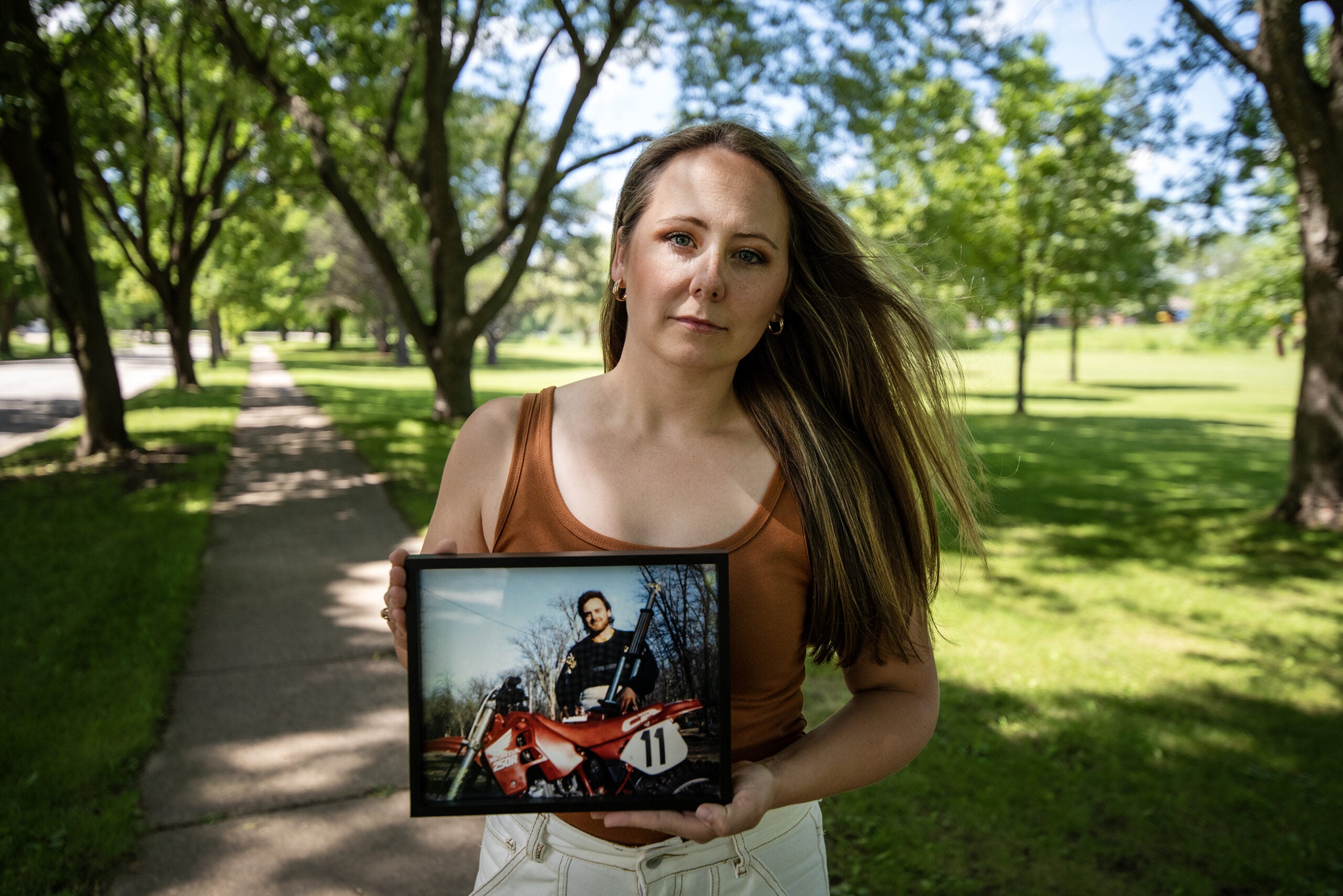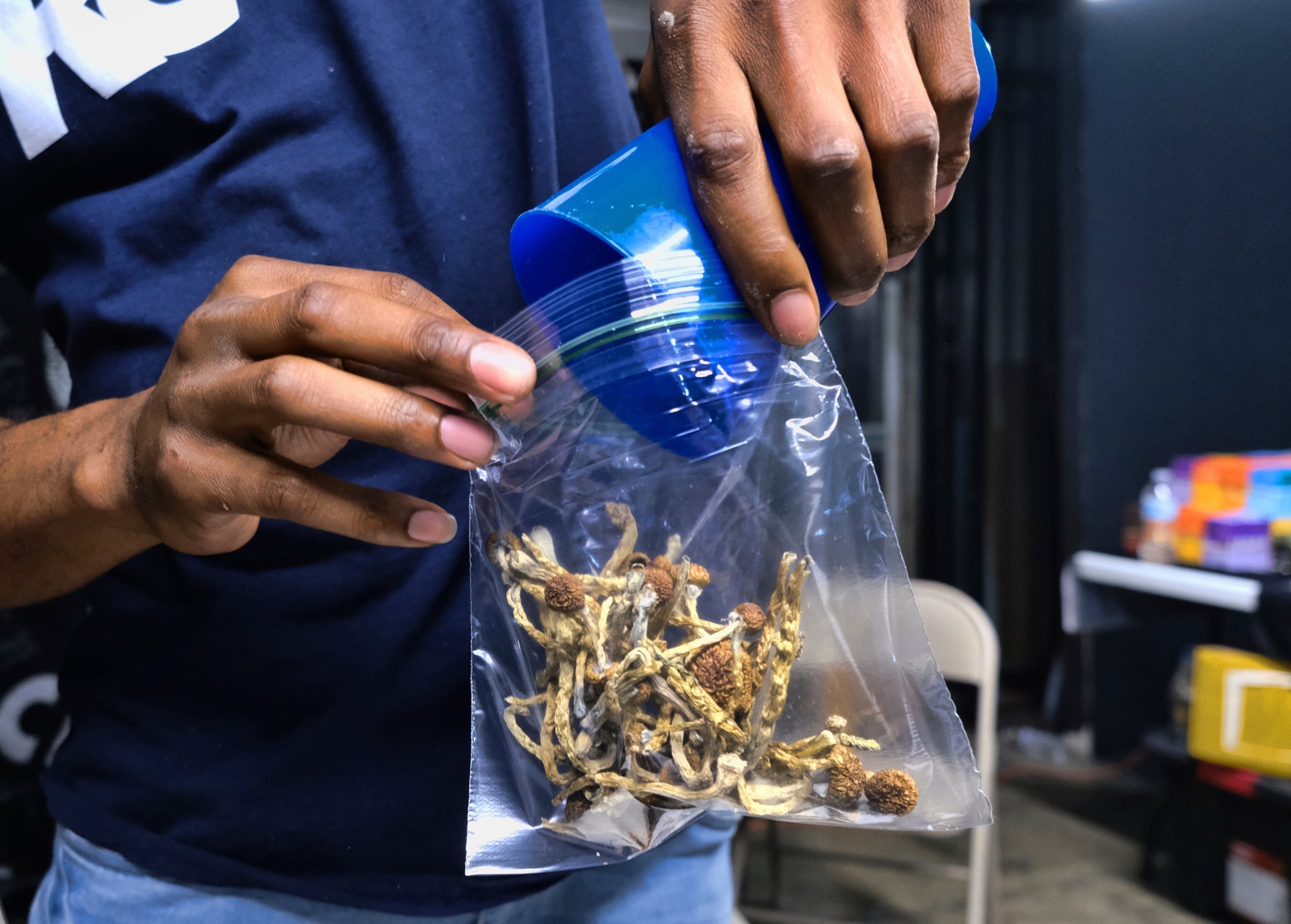The Bill of Rights is 225 years old. Our guest explains why every citizen should be familiar with the rights and responsibilities it enshrines. Getting appropriate diagnosis of and treatment for depression can be a challenge. We talk with a professor of Psychiatry and Behavioral Science about what other disorders can be mistaken for depression, and how to treat the most severe cases. And new legislation being proposed in the State Assembly would allow people to carry concealed firearms on college campuses in Wisconsin. We learn about a student protest against the legislation and how the proposed law compared to similar measures nationwide.
Featured in this Show
-
It's Bill Of Rights Day – How Well Do You Know The First Ten Amendments To The Constitution?
Today marks the 225th anniversary of the ratification of Bill of Rights. The first ten amendments to the Constitution are the backbone of American democracy, but an Annenberg Public Policy Center survey finds that many Americans are unclear as to what those amendments actually guarantee. An expert on constitutional literacy explains why we could stand to do a bit of brushing up on our Bill of Rights knowledge.
-
What To Do When Antidepressants Still Leave You Down
Sometimes it can be difficult to figure out if feeling down is just temporary or if it’s becoming a more serious condition that requires treatment. A psychiatrist who specializes in treatment-resistant mood disorders shares how to tell situational- and major-depressive disorder apart and what to do when treatment seems to fail.
-
Psychiatrist Explains Difference Between Winter Blues And Depression
Shorter days and colder weather often accompany feeling like you have a bit of the blues, but sometimes it can be difficult to figure out if feeling down is just temporary or if it’s becoming a more serious condition that requires treatment.
Dr. Dean MacKinnon, a psychiatry professor at Johns Hopkins University and author of “Still Down: What to Do When Antidepressants Fail,” said getting the correct diagnosis and right treatment can go a long way to making people feel better, and there are options even when typical depression treatments don’t seem to be working.
“Everyone knows what it’s like to feel depressed now and then, but the difference between feeling depressed about a bad life situation or just having an off day is different than having the illness of major depression, which involves a change not only in the mood, but in a lot of other life functions,” MacKinnon said.
He added that the length of symptoms also differentiates a serious mental illness from just having a depressed mood.
MacKinnon said antidepressant medication typically works for about a third of people suffering from a serious form of depression. For many others, the second or third prescribed medication will typically work. However, that leaves a fair number of people who never benefit from antidepressants.
In those cases, MacKinnon said it’s important for psychiatrists and other medical experts to understand why the patient isn’t responding to the medication.
“Some of the more obvious reasons people might not respond to the medications being prescribed for depression is that they either don’t really have major depression or their not getting the medications in adequate quantities,” he said.
MacKinnon stressed the importance of doctors and their patients spending time together. He said there’s a growing movement within health insurance providers to split the medical prescription side of psychiatry from the psychotherapy discipline, and with that sometimes come a disconnected treatment plan.
What definitely doesn’t work, said MacKinnon is to tell someone suffering from depression to “shake it off” or to “get over it.” That’s not how depression works.
“You can’t think your way out of it,” he said. “It’s an illness.”
-
UW-Madison Students Demonstrate Against Concealed Carry On Campus
Students at the University of Wisconsin-Madison are protested proposed legislation that would allow people to carry concealed weapons on college campuses in Wisconsin. We’ll speak with one of the students coordinating the demonstration. Later, we’ll speak with a law professor about similar gun legislation being passed throughout the country.
Episode Credits
- Rob Ferrett Host
- Veronica Rueckert Host
- Chris Malina Producer
- Marika Suval Producer
- J. Carlisle Larsen Producer
- Julie Silverbrook Guest
- Dean MacKinnon MD Guest
- Kat Kerwin Guest
- Adam Winkler Guest
Wisconsin Public Radio, © Copyright 2025, Board of Regents of the University of Wisconsin System and Wisconsin Educational Communications Board.




